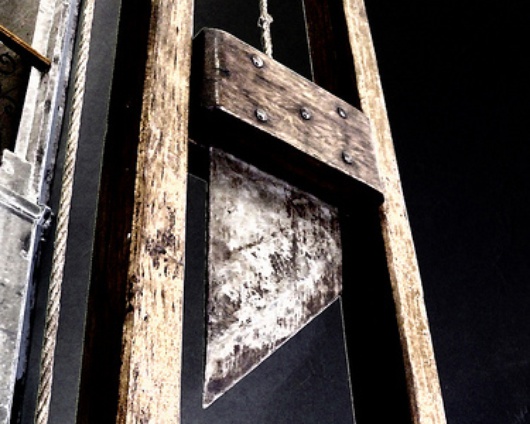
Not one European election, but 27 national elections in June 2009
Published on
Translation by:
Gemma TurnerEach country has its own view on the European elections and individual electoral system, all of which can be compared in the hope that one day there will be just one, which will be used for the European elections
Andrew Duff, the liberal MEP (member of European parliament) has been working for months on a draft for electoral reform for the European elections. However, we the public won’t see light of it until 2014. So, for now ladies and gentleman, this is what we have.
4 voting days, media coverage nightmare
One of the major issues that the press has with the European elections is that they last for four days and thus it is very expensive for the media to cover. It is impossible to keep the public’s attention on one subject for such a long period of time, unless of course we are talking about the Olympics or the World Cup.
European elections, not like the World Cup
On the agenda for the reform is the reduction of the voting period to just two days, Saturday and Sunday. This way it will be profitable for the media to focus their efforts on providing an electoral program of coverage and Europe will be watching to see what is happening. For now, those countries who vote on a day other than Sunday (traditional in most of Europe) are the Czech Republic, Denmark, Ireland, Italy, Holland and the United Kingdom.
Resisting youth
 Often, when we look at the issues surrounding youth and the European elections, the aging body of European politicians springs to the forefront. It isn’t that young people are not permitted to run for European parliament, but in some countries it is much more difficult than in others, especially where the young are still so full of energy, ideals and enthusiasm for politics. In Belgium, Bulgaria, the Czech Republic, Estonia, Greece, Lithuania, Poland, the United Kingdom and Slovakia you must be 21 or over to present yourself as a candidate. In France and Romania you have to wait until you are 23. At the height of this ‘allergy’ to young people we find Italy and Cyprus where you can forget about participating in politics until you are at least 25 years old.
Often, when we look at the issues surrounding youth and the European elections, the aging body of European politicians springs to the forefront. It isn’t that young people are not permitted to run for European parliament, but in some countries it is much more difficult than in others, especially where the young are still so full of energy, ideals and enthusiasm for politics. In Belgium, Bulgaria, the Czech Republic, Estonia, Greece, Lithuania, Poland, the United Kingdom and Slovakia you must be 21 or over to present yourself as a candidate. In France and Romania you have to wait until you are 23. At the height of this ‘allergy’ to young people we find Italy and Cyprus where you can forget about participating in politics until you are at least 25 years old.
Achieve the minimum percentage or get the chop
 There are countries which do not allow parties or candidates to run if they do not bring in a certain minimum percent of the votes. It is what is known in jargon as the ‘electoral guillotine’, which makes it difficult for smaller parties or lesser known candidates and supports the dominance of the larger established parties. Greece demands 3% of the votes. In Austria, Slovenia and the UK 4% is the minimum and in France, Germany, Hungary, Lithuania, Poland, Romania and Slovakia the percentage that is demanded is a full 5%.
There are countries which do not allow parties or candidates to run if they do not bring in a certain minimum percent of the votes. It is what is known in jargon as the ‘electoral guillotine’, which makes it difficult for smaller parties or lesser known candidates and supports the dominance of the larger established parties. Greece demands 3% of the votes. In Austria, Slovenia and the UK 4% is the minimum and in France, Germany, Hungary, Lithuania, Poland, Romania and Slovakia the percentage that is demanded is a full 5%.
The battle of the constituencies
One of the first reforms that Duff and MEPs from a range of parties all hope to introduce is the generalisation of the division of each country into different regional constituencies than the already existing ones, or even reducing the number of constituencies, especially in the larger countries. However, Germany, Spain and Romania, countries which do not divide into constituencies at all are radically opposed to this move as their larger parties will lose a lot of power and many MEPs, without which Germany and Spain especially will lose some of their dominance over certain European political groups and the key posts in the European parliament.
The more constituencies a country is divided into, the better possibility that small or local parties will obtain parliamentary representation. The relationship between voter and candidate is very close, so the smaller the constituencies are the better the candidate will know their electorate and their needs and the better known he or she will be to the electorate. However this means that local candidates can more easily put their party ideals and discipline on a back burner, which is not at all desirable.
Translated from Las elecciones europeas no son el mundial de fútbol



